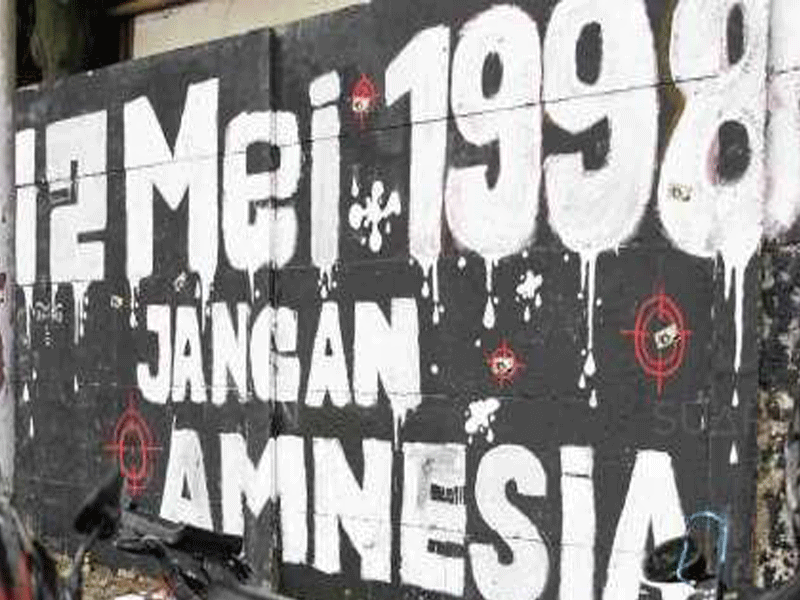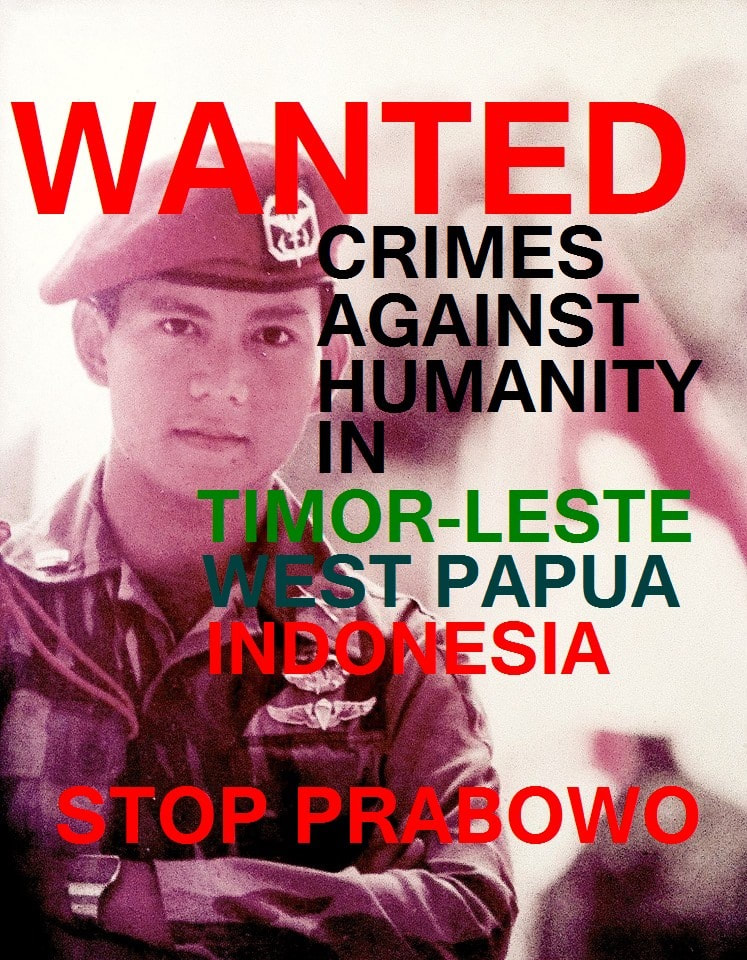P2
Prabowo Gains Ground Ahead of Indonesia’s Presidential Election
|
a son-in-law to the Indonesian generalissimo, has been credibly
implicated in a litany of human rights abuses, including atrocities committed in the conflict zones of East Timor and Aceh, and the abduction of pro-democracy activists in the final months of New Order rule. During his two election campaigns, he also promised quite explicitly to roll back some of the democratic reforms that had been introduced after Suharto’s fall. In a 2015 paper, Edward Aspinall of the Australian National University in Canberra described Prabowo as an “oligarchic populist” who represented “a classically authoritarian-populist challenge of a sort that is common in democratic regimes characterized by pervasive patronage politics, weak institutions, and highly decentralized governance.” According to Aspinall, Prabowo’s pitch in 2014 was based on the twin planks of strident nationalism and a pledge to cut through the “environment of deceit and money politics” by presenting himself as “an anti-political outsider who could provide the strong leadership Indonesia needed.” It is hard not to see a vague family resemblance between Prabowo’s near-misses and the successes enjoyed by Philippine President Ferdinand Marcos Jr., who won a large election victory last year. The victory capped off a decades-long attempt to rehabilitate his family’s image and override public memory of the grand-scale corruption and human rights abuses that occurred under Marcos Sr.’s period of Martial Law. According to a recent report in the South China Morning Post (SCMP), Prabowo may have learned from those earlier losses to the more unassuming Jokowi, and has made efforts to recast his image ahead of the next election campaign. According to the SCMP, his clenched-fist image has been “replaced with an image of an even-tempered and easy-going politician, sharing viral selfies wearing a hoodie sporting his Gerindra Party branding.” He has also made efforts to take a “softer tact” in his speeches and connect with young Indonesians on social media. Whether or not Prabowo prevails to win the Indonesian presidency remains to be seen. But his continuing popularity, like the return of the Marcoses in the Philippines, says something significant about both the power of political marketing and disinformation to efface past abuses, and the political conditions that give such appeals purchase. It also suggests that while young Indonesians have been at the forefront of the country’s long struggle for popular sovereignty, the political attitudes of the country’s youth are ambivalent and hard to press into a simple ideological mold. STAFF AUTHOR
Sebastian Strangio Sebastian Strangio is Southeast Asia editor at The Diplomat. VIEW PROFILE |
‘President Prabowo’ starting to resonate in Indonesia
Asia Times / July 17, 2023 Analysis: Prabowo: The one to beat in 2024, for now The Jakarta Post / May 15, 2023 Stop Impunity in Indonesia! Key suspect: Prabowo Subianto US lets Indonesia’s Prabowo off the hook Asia Times / October 12, 20220 Anomali Tim Mawar: Kopassus di Bawah Danjen Prabowo Subianto Tirto / 20 Apr 2020 Gelap-Terang Sejarah Prabowo Subianto di Timor Timur Tirto / 18 Juni 2019 Jejak Prabowo di Papua Historia | 27 Maret 2019 Arsip AS Ungkap Konflik Prabowo dan Wiranto pada 1998 DW / 25 Juli 2018 Keluarga Korban Tragedi Mei 98 Kecewa dengan Jokowi CNN Indonesia | 12 Mei 2015 Allan Nairn: Prabowo Adalah Pejabat Yang Menerima Pelatihan Paling Intensif Dari Amerika IndoProgress / 4 Juli 2014 Prabowo dan Hak Asasi Manusia
Kontras / Mei 23, 2014 Wither Human Rights? By Usman Hamid The New Mandala / 08 May, 2014 Prabowo Minta Maaf Atas Kelakuan Kopassus di Aceh Tempo / Rabu, 12 Maret 2014 Berty Loupaty: Kopassus Dalang Kerusuhan di Ambon Tempo / 25 Agustus 2003 |

